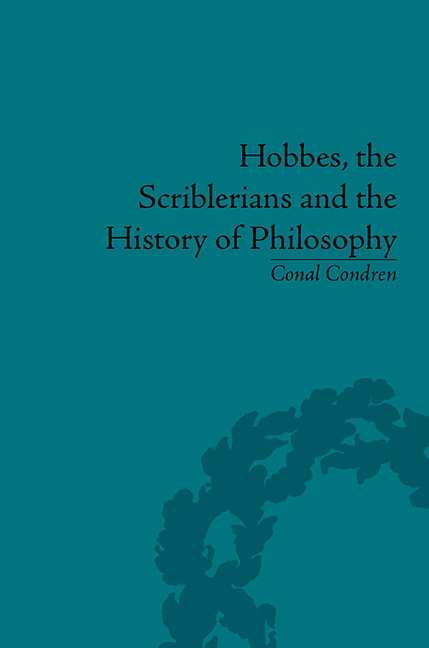1 - Hobbes, Lucianic Humour and the Philosophic Persona
from Part I
Summary
Wit and Reason
John Aubrey remarked on Hobbes's addiction to emphatic oaths (expletives); recalled his dogged ingenuity in trying to square the circle and extolled the ‘reason’ by which he wished to be known. Yet what is striking about Aubrey's account is the persistent emphasis on Hobbes's wit and good humour: ‘pleasant facetiousness’, ‘wit and drollery’, the delightfulness of his ‘wit and smart replies’ his lack of rancour in debate, his twinkling hazel eyes. This ‘merry humour’ was not incidental to the ‘reason’. It tells us something about the character of Hobbes's philosophy that has until recently been largely ignored. First, however, some of the slippery relationships between humour, wit, jesting, laughter and reason need comment.
Wit was an elusive notion, as Cowley put it, ‘Comelyin a thousand shapes’, ‘we only can by Negatives define’. It was associated with acuity of intellect and freshness of expression, but its elusiveness is illustrated in Hobbes's differing discussions of it in The Elements of Law and Leviathan. In the earlier work Hobbes treats wit as a clear virtue of the mind, a ‘tenuity and agility of spirits’, its defining negative being ‘DULNESS’. In Leviathan, however, he distinguishes natural from acquired wit. Dullness and stupidity provide the defining contrast to natural wit, which ‘consisteth principally in … Celerity of Imagining … and steddy direction to some approved end’. He then equates ‘Good Wit’ with ‘Good Fancy’, but in order to become an intellectual virtue, it has also to be joined with good judgement. And clearly there can be a differing balance of dispositions; in poetry fancy dominates, in history, judgement. ‘In Demonstration, in Counsell, and all rigorous search of Truth, Judgement does all’, allowing only for the occasional apt similitude, but certainly excluding the exercise of wit through metaphorical dexterity (a view modified in other works).
- Type
- Chapter
- Information
- Hobbes, the Scriblerians and the History of Philosophy , pp. 31 - 54Publisher: Pickering & ChattoFirst published in: 2014



